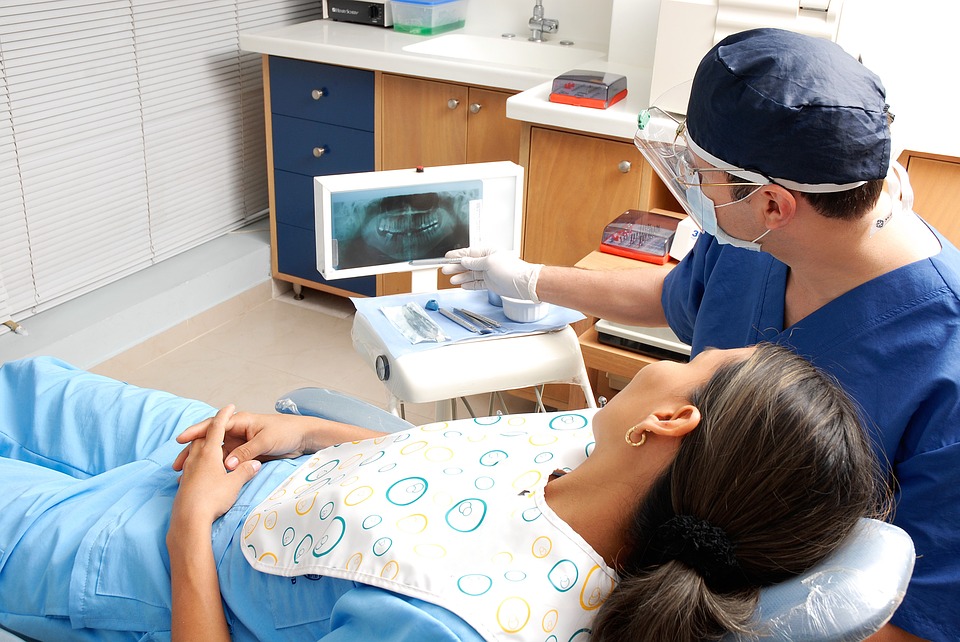For one dental reason or another, there comes a time that you will need installation of dental implants. These are artificial teeth replacements which provide a permanent base as an alternative for the defective or missing teeth. Dental implants are more popular than crowns, dentures, and bridges due to the fact that they are sustainable and efficient. These dental implants have become essential teeth replacements because they feel natural and perform their functions adequately. Once installed, the user of dental implants will have no eating problems or feel the need for any repair.
Typically, dental implants constitute of three essential parts that include the implant, the crown, and the abutment.  The implant is the screw that performs the functions of a root for the teeth. In principal, the screw attaches the artificial teeth to the jaw. The abutment is the bridge that connects different sets of teeth or components of a tooth. Thirdly, the crown is the visible part of teeth that is made up of porcelain, and its quality determines the longevity of teeth. The strength and durability of an implant will go a long way in determining the effectiveness of a particular implant. Therefore a dentist would require that you are mindful of the maintenance of your implants so that they can serve you for an extended period of time. The basic maintenance tips are elucidated as follows;
The implant is the screw that performs the functions of a root for the teeth. In principal, the screw attaches the artificial teeth to the jaw. The abutment is the bridge that connects different sets of teeth or components of a tooth. Thirdly, the crown is the visible part of teeth that is made up of porcelain, and its quality determines the longevity of teeth. The strength and durability of an implant will go a long way in determining the effectiveness of a particular implant. Therefore a dentist would require that you are mindful of the maintenance of your implants so that they can serve you for an extended period of time. The basic maintenance tips are elucidated as follows;
Avoid grainy toothpaste
Teeth are vulnerable to biofilm, and therefore they need constant cleaning in order to prevent plaque. Dental implants are susceptible when it comes to developing infections that will ultimately cause implant loss. In this regard, you need the appropriate toothpaste to ensure that your teeth are maintained, and the biofilms are kept at bay. Inappropriate tooth products include baking soda which is extremely corrosive and detrimental to the implants. Also, fluoride should be avoided as a component in a toothpaste product.
Utilize gentle toothbrushes
 The toothbrush must have very soft bristles that are not harsh on the teeth or gums. Abrasive brushes are bound to damage the implants since a damaged gum might lead to infections. It is advised that you seek the opinion of your dentist who will be in a prime position to recommend the ideal toothbrush for your teeth and gum.
The toothbrush must have very soft bristles that are not harsh on the teeth or gums. Abrasive brushes are bound to damage the implants since a damaged gum might lead to infections. It is advised that you seek the opinion of your dentist who will be in a prime position to recommend the ideal toothbrush for your teeth and gum.
flossing and rinsing
Flossing should be done on a daily basis to clean the area beneath the gum line effectively. After flossing, dentists and other specialists recommend that you rinse the whole mouth with an ideal mouthwash. A water flosser is regarded as convenient since it serves both functions of flossing and rinsing.


